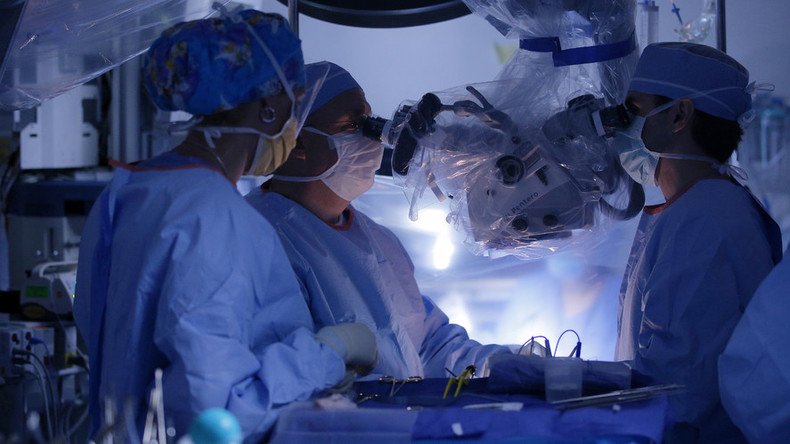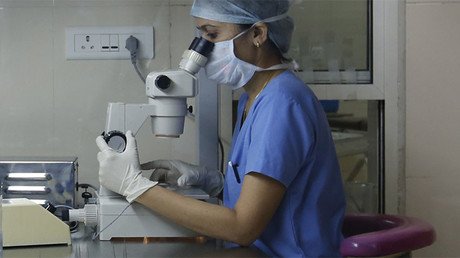‘Automatic’ organ donation considered in Denmark

Danish Health Minister Sophie Lohde has asked members of Denmark’s parliamentary advisory body, the Council of Ethics, to consider a proposal that would automatically put all Danes on the organ donor register.
The measure would mean that everyone over 18 would be registered as organ donors under the rule of ‘presumed consent,’ and would have to opt out manually if they didn’t wish to be on the list. The proposed bill aims to address a glaring disparity – according to figures from the Danish Health Authority, while 85 percent of Danes say they would sign up to be organ donors, less than 20 percent, around one million, actually have.
“I think the time is ripe to consider whether Denmark would be right to introduce presumed consent for organ donation,” Lohde wrote in a letter to Ethics Council chairman Gorm Greisen.
“The Danes generally have a positive view of organ donation, and a new study from the Health Authority shows that the vast majority are also positive about citizens being automatically enrolled in the register as potential organ donors. Nevertheless, there is a shortage of organ donors, and every year there are patients who die while waiting for a new heart, a new kidney or another vital organ.”
Last year 27 people on the organ waiting list died, while 150-200 Danes die annually in ways that still allow their organs to be used.
Lohde also wants to address the issue of patients who have been declared brain-dead. Under the current legislation, the issue of organ donation puts pressure on the patient’s family by leaving the decision up to them. Presumed consent would be a way of getting around this problem.
However, some medical professionals have expressed caution about adopting such a scheme.
“In Denmark we have a tradition that you cannot be put under pressure, but should be allowed to make your own decisions,” Jan Rishave, chairman of the Kidney Association, told the Fyens newspaper. “As a kidney patient, it is clear that you would like to have a new kidney because it provides quality of life. But it is important that the donor himself has decided that the kidney is passed on.”
Rishave added, however, that he’s happy that the debate on presumed consent has increased people’s awareness of the organ shortage.
Niels Jorgen Langkilde, former Ethics Council member and president of the Patients’ Association, suggested that Danes should decide each time they renew their health cards.
“And if people will not take a position, you have to accept it and not to use their bodies. Everything else is a modern form of cannibalism, which we cannot support,” he said to Fyens.
The idea of presumed consent was first brought before the Council of Ethics in 1998, when all 16 members voted against. It came before the Council again in 2008, when it was rejected again, but only by a small minority, 9-7. But Lohde is optimistic that growing public support for the measure (around half of Danes want presumed consent, according to a Health Authority survey published on Saturday) will help sway the Council’s vote in favor.
The Council of Ethics is expected to come to a decision in 2017. Presumed consent is already a policy in Norway, Sweden, and Finland.















